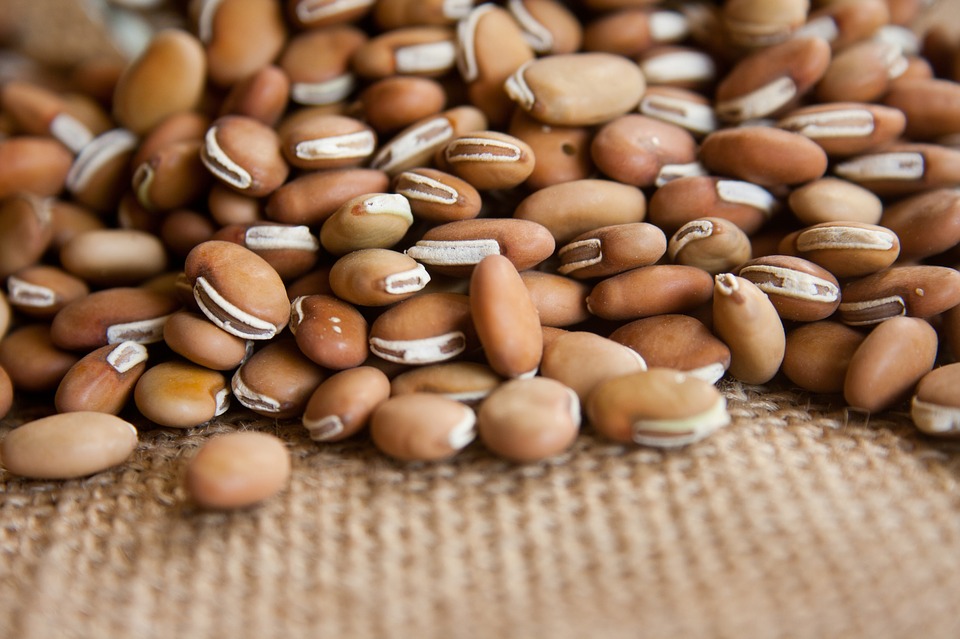“Veganism skyrockets”. “Veganism on the rise.” “Veganism is sweeping the country.” These are some of the headlines we’ve seen over the course of this year. An objective observer would be in little doubt that the vegan movement is moving. But is it moving up the political agenda?
As well as encouraging people to become vegan and supporting existing vegans, The Vegan Society also campaigns for policy change towards a more vegan society. We want a world with no animal exploitation, and key to that is that we stop rearing animals to eat. The huge change that we’d like to see is for our farmers to move away from animal agriculture. But how can we effect that change at a policy level?
Let’s unpick the problem to find the best route to success. We care about animals. Politicians (broadly and on a purely political level) do not. We want to stop farmers farming animals. We care about people too, but if we’re really honest, we don’t care what farmers do next as long as it avoids animal exploitation, and still pays their bills. Politicians care about farmers.
So, how to present a palatable proposal to politicians that involves no animals and an alternative future for farmers? The answer is the humble bean.
Plant protein crops – peas, beans and pulses – are heaven sent when it comes to vegan policy making. Whilst animal agriculture emits as much greenhouse gases as all transport combined, British grown pulses are friends of the environment. Farming animals can degrade and erode the soil whereas pulses are nitrogen fixing, making our soil even healthier. For every 100 calories fed to animals we get back only 12, while eating pulses directly gives us the full 100. And nutritionally pulses are a true superfood, they’re healthy, high in protein and a good source of iron and fibre.

It’s clear that if we want UK diets to be sustainable, healthy, affordable and ethical plant protein crops represent a win-win-win-win.
We’ve been working on plant protein crop policy for a couple of years now with our Grow Green campaign. We’re delighted that New Economics Foundation have written our latest report, Solutions for the Farm of the Future, outlining the need for a shift to plant proteins and defining the policies which might enable such a shift.
NEFs recommendations include creating a Protein Aid Scheme to subsidise growers of protein crops through direct payments, along with a new farm entry scheme to help with access to land, start-up costs and training. These would be essential moves if animal farmers are going to see plant protein crops as an economically viable route.
We also want to see more plant protein crops served to the public. One starting point for this is to include it in public procurement – lets have Buy British schemes which encourage the serving of plant proteins in public sector canteens. In fact, why don’t we call for a vegan meal on every menu in our public services?
We also need to talk about disincentivising animal agriculture. With any other harmful product (e.g. alcohol and tobacco) we do this by taxation. Currently we’re doing the opposite, by paying farmers over 50% of their income to farm animals, which are bad for our health and the planet. NEF recommend that we make deductions to these subsidies to take account for the negative externalities in animal farming.
NEF make a compelling case for a shift to plant protein agriculture, explaining that the UK could lead the way for sustainable and healthy food systems, acting as a role model for other countries to follow.
So will our politicians listen to our suggestion? This is where you come in – please help us by sharing the Grow Green report and explaining the need for a shake up of our food system. While we all welcome positive headlines and trendy photo-shoots in the Sunday supplements, what the vegan movement really needs is political courage from Westminster, and the vision to see a sustainable future for British farmers.
by Louise Davies
Head of Campaigns & Policy.
The views expressed by our bloggers are not necessarily the views of The Vegan Society.

